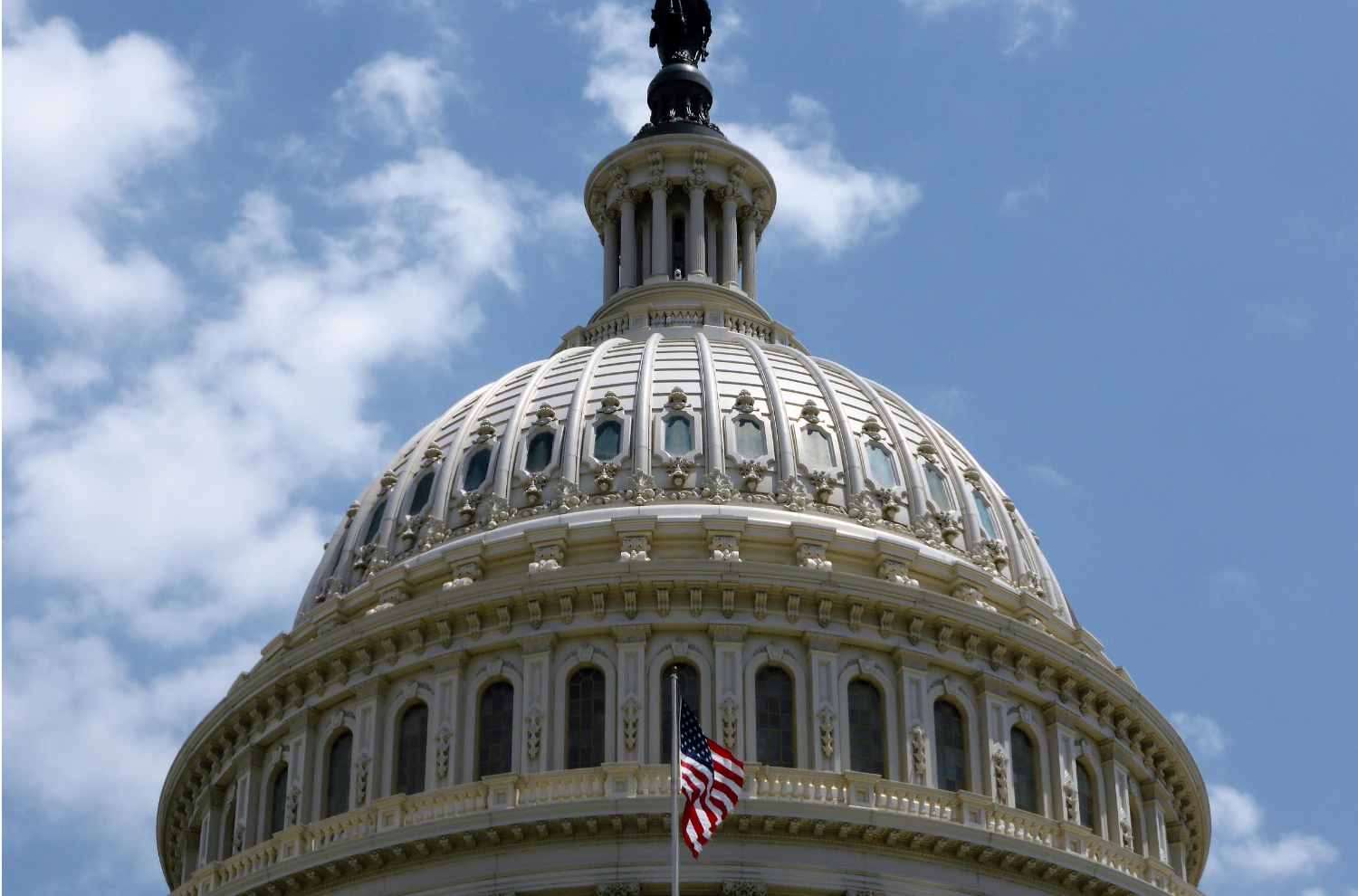March 22, 2019

Chairman of the U.S. Senate Commerce Subcommittee on Communications, Technology, Innovation and the Internet, U.S. Sen. John Thune (R-S.D.), recently convened a hearing titled “The Impact of Broadband Investments in Rural America.” The hearing focused on ways to improve the quality and expand the availability of rural broadband.
Voqal, in conjunction with the National Educational Broadband Service Association (NEBSA), Educators and Broadband Providers for American Rural Communities (EBPARC), the North American Catholic Educational Programming Foundation (NACEPF), Mobile Beacon and Mobile Citizen, welcomed the hearing on the vitally important topic of rural broadband deployment and submitted a letter on the record urging the Subcommittee to consider the role the Educational Broadband Service (EBS) plays in bridging the digital divide. An excerpt from the letter is below:
Rural educational entities and Tribal Nations have told the FCC they are ready to put EBS spectrum immediately to use if the FCC would issue EBS white space through priority windows. Some wish to self-deploy or expand their self-deployments. Others wish to work with small rural operators that lack the funds to buy spectrum licenses in an auction, but are eager to enter public-private partnerships via lease arrangements that allow them to amortize their network deployment costs. In all cases, educators, nonprofits, and Tribal Nations have the incentive and the commitment to not let EBS spectrum go to waste, but to use it immediately to bring their communities into the digital age.
There is strong evidence that priority windows would result in rapid and robust rural deployment. In recent years, the FCC has granted six waivers to allow rural educational entities and Tribal Nations to obtain this unassigned EBS spectrum. Each time such a waiver was granted, EBS licensees took advantage of globally harmonized 2.5 GHz ecosystem and promptly put the spectrum to its best use— connecting their hard-to-reach rural communities with high-quality broadband service in as little as a few days and for a fraction of the cost of commercial network deployments.
Keeping EBS educational and granting schools, nonprofits and Tribal Nations priority access to long-unused EBS spectrum is one of the best solutions available to help connect rural communities. At a time when broadband internet access has never been more important as a platform for American opportunity and prosperity, the costs of being unconnected have never been higher. Where EBS has been licensed, educational and nonprofit licensees are connecting tens of thousands of schools, libraries, nonprofit organizations, and other anchor institutions, and through them, millions of students and families that were not otherwise reached by commercial broadband offers.
Interested in getting more involved with the effort to expand access to EBS? Visit saveebs.org to learn more.